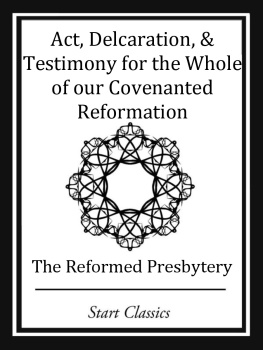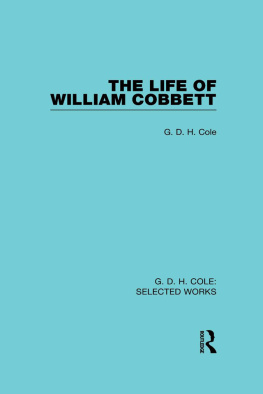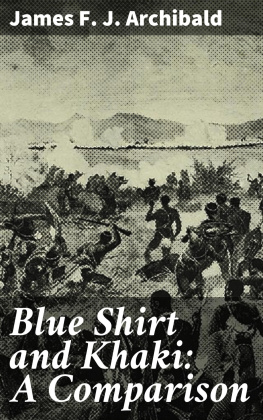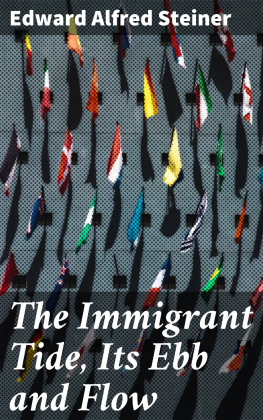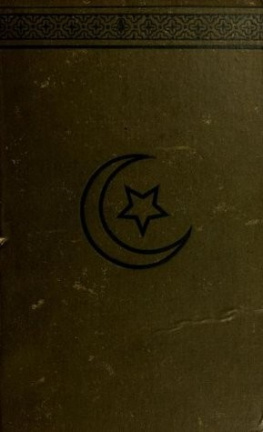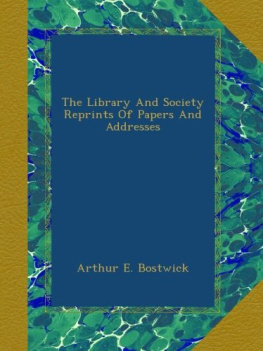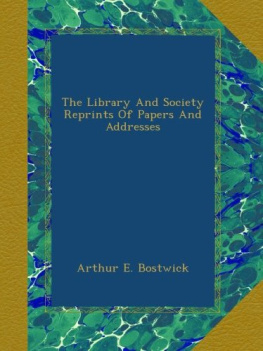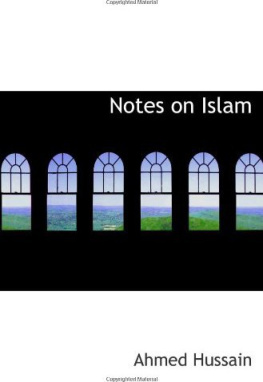INTRODUCTION
The Presbytery, soon after their erection, being convinced of the expediency and necessity of emitting a judicial testimony, to discover to the world the principles upon which, as a judicatory of the Lord Jesus Christ, they stood, in opposition to the different, so called, judicatories in the land; together with the agreeableness of these principles to the Word of God, the only rule of faith and practice, and to the covenanted constitution of the church of Scotland in her purest periods; did therefore, after a proposal for said effect, agree in appointing one of their number to prepare a draft of this kind to be laid before them, who, after sundry delays, to their grief of mind, at once cut off their hopes of all assistance from him, in that or any other particular, by laying himself obnoxious to the censures of the church; which the presbytery, in duty both to him, to God, and to his people, were obliged to put in execution against him, while he, in contempt of that ordinance, and other means used for his conviction and recovery, obstinately persists in his impenitency and defection. And although the presbytery, few in number, were thus diminished, yet, being still resolved to prosecute their former design, they renewed their appointment upon another brother, who, in consequence of his undertaking, was allowed a cessation from his other public work, in order to expedite the proposed draft: and now, when nothing was expected that should retard the finishing of such a necessary work, the lamentable fire of division, that had long been smothered, unhappily broke forth into a violent flame, whereby the presbytery was rent asunder, and that brother, on whom the appointment was formerly laid, happening to be of the separating party, a second stop was not only put to the publication of this testimony, but the presbytery, from the absence of a brother removed to a distant part of the world, together with the paucity of their number, were almost wholly discouraged from attempting again what they had been oftener than once disappointed in.
But notwithstanding of the above, with many other difficulties which we shall not at present take notice of, the presbytery, still considering, that, even in their present circumstances, when their number is few and despicable, their adversaries many, and such as are in repute in the world, whereby the opposition made to them, and the conspiracy formed against the covenanted testimony of the church of Scotland maintained by them, must needs be strong; there is yet a gracious door of opportunity left open for them to attempt, in their judicative capacity, the prosecution and accomplishment of the necessary work formerly proposed; and which they could not but judge the Lord still called them unto, while after all the above-mentioned breaches made upon them, he still continued to give them a nail in his holy place, and a wall in Judah and Jerusalem, Ezra ix, 8, 9, they therefore again laid their appointments upon some others to prepare a draft of _An Act, Declaration, and Testimony_, &c., and which, under the favor of Divine Providence, has at length been finished and laid before the presbytery. We only need to observe further with reference to this, that the long delay of what is now agreed upon did not proceed from any design in the presbytery, of depriving either the people of their particular inspection, or the generation, of any benefit that might be obtained by a work of this nature, but partly from the fewness of their number, and great extent of their charge, and partly from the great distance of members' residence from each other, whereby they can seldom have access to meet all together, for expediting this or any other work of public concern they have in hand.
It is, therefore, with an eye to the Wonderful Counselor (when Zion's faithful counselors are so few) for light and direction in the management of this great and important work, that the presbytery have resolved upon the publication hereof at this time, for the reasons which follow:
1. Because this duty of bearing witness for truth, and declaring against all error, and defection from it, and transmitting the same uncorrupted to posterity, is expressly enjoined on the church by the Spirit of God in the Scriptures of truth. _Psal._ lxxviii, 5: "For he hath established a testimony in Jacob, and appointed a law in Israel, which he commanded our fathers that they should make them known to their children." Isaiah xliii, 10: "Ye are my witnesses, saith the Lord." _Matth._ x, 32: "Whosoever, therefore, shall confess me before men, him will I also confess before my Father who is in heaven." John xv. 27: "Ye also shall bear witness." Acts i, 8: "And ye shall be witnesses unto me."
2. Because, in agreeableness to the above scripture warrant, it has been the constant practice of the church in all ages, when in such capacity, judicially to assert, and declare their approbation of the truths of the everlasting gospel, and attainments of the church, joined with the condemnation of all contrary error, as appears from their harmonious confessions: and particularly, this has been the honorable practice of the once famous church of Scotland, witness her excellent confessions, covenants, &c., whose posterity we are, and, therefore, in duty bound to homologate, and approve her scriptural form and order, by a judicial asserting of her attainments, as saith the apostle, _Philip._ iii, 16: "Nevertheless whereunto we have already attained, let us walk by the same rule, let us mind the same thing." _Rev._ iii, 3: "Remember, therefore, how thou has received, and heard, and hold fast, and repent."
3. That, notwithstanding many, both ministers and private Christians, have been honored faithfully to publish their testimonies and declarations, and to seal them with their blood, in opposition to the growing defections in the land, being through the tyranny of the times prevented from acting in any other capacity: yet never, since the national overthrow of the glorious structure of reformation, has any church judicatory; constituted purely on the footing of our covenanted establishment, appeared in a judicial vindication of our Redeemer's interest and injured rights.
4. The unspeakable loss sustained by the present generation, through the want of a full and faithful declaration of the covenanted principles of the church of Scotland, which they in the loins of their ancestors were so solemnly engaged to maintain; whereby, as ignorance must be increased, so prejudices are also gradually begotten in their winds against the truth in the purity thereof. And this, through the many mistaken notions at present prevailing among the different contending parties of professors in these nations, concerning the distinct ordinances of divine institution, viz., the ministry and magistracy, or ecclesiastical and civil government; and, more especially, the presbytery reckon themselves, and all professing their allegiance unto Christ and his cause, obliged to maintain the testimony of our ancestors for the divine institution and right constitution of civil government, according to the law of God, as what they found to be, and still is, indispensably necessary for the outward defense and preservation of righteousness and true religion; and because the very foundation and ends of this ordinance have been doctrinally subverted, and the generation taught the most licentious principles concerning it, by a body of professed witnesses among ourselves: and this they design to do, without (as they are slanderously reported of by some) laying aside themselves, or withdrawing others, from the study of internal and habitual or practical holiness.
5. To wipe off the reproach of that odium cast upon the presbytery and community belonging thereto, by some who invidiously call them a headless mob, whose principles cannot be known, anti-government men, men of bloody principles, &c., than which nothing can be more unjust: seeing, as a body distinct from all others, they have still stood upon the footing of the covenanted establishment, as has been frequently declared to the world, and as the constitution of the presbytery bears; so that they can no more be said ever to have wanted a proper testimony exhibiting their principles to the world, than the reformed church of Scotland, whereof they are a part.

